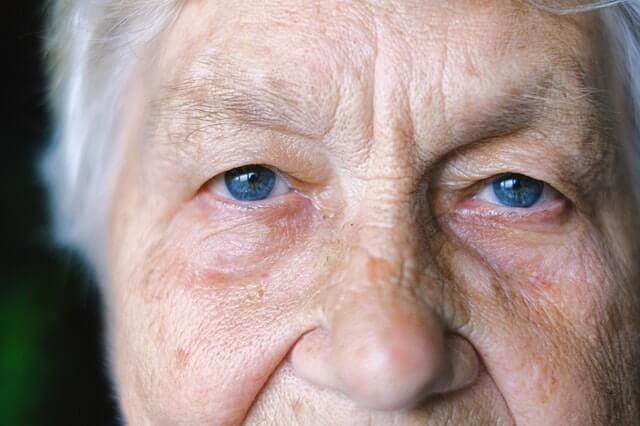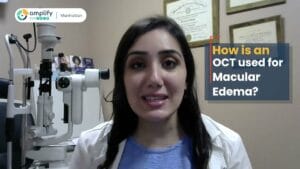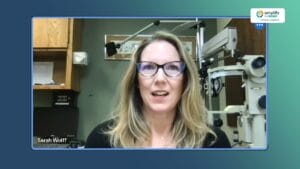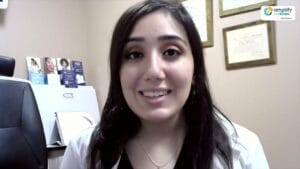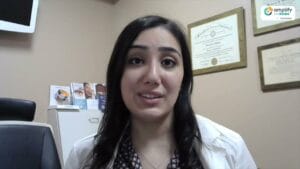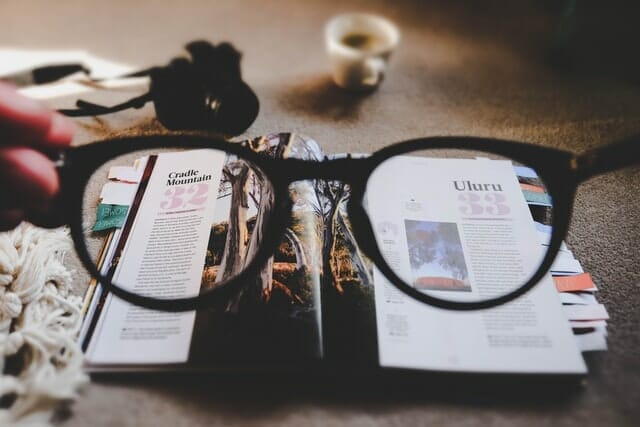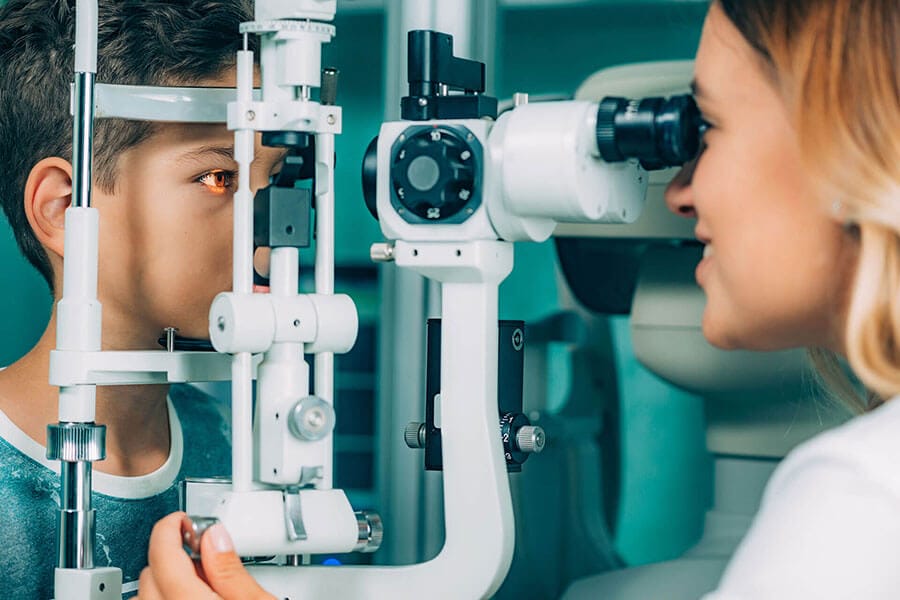It is estimated that 4% of adults over the age of 45 have permanent vision loss due to diabetic retinopathy. Scientific literature suggests that approximately 700,000 Americans have proliferative diabetic retinopathy, with an annual incidence of new cases estimated at 65,000. Furthermore an additional 500,000 persons have clinically significant macular edema, with an annual incidence of new cases estimated at 75,000. Proliferative diabetic retinopathy is the fourth and final stage of diabetes retinopathy. This stage of the disease has progressed significantly and is endangering one's vision. Due to the damage to the eye’s normal blood vessels, there is poor circulation inside the eye. The retina then grows new blood vessels, however, they are abnormal and can cause severe damage possibly resulting in vision loss and potentially blindness. At this stage, patients require immediate referral to a retina specialist for further examination and treatment. If you have diabetes it is crucial to follow your eye doctor's guidance, and visit for a diabetic eye exam at least twice a year. During a diabetic eye exam your eye doctor will utilize advanced technology such as an OCT and visual fields, to monitor your eyes and ensure that there are no changes that may indicate mismanaged diabetes. In the event where changes are present it is extremely important to let your care team know so that they can alter your treatment and prevent any permanent vision loss.

